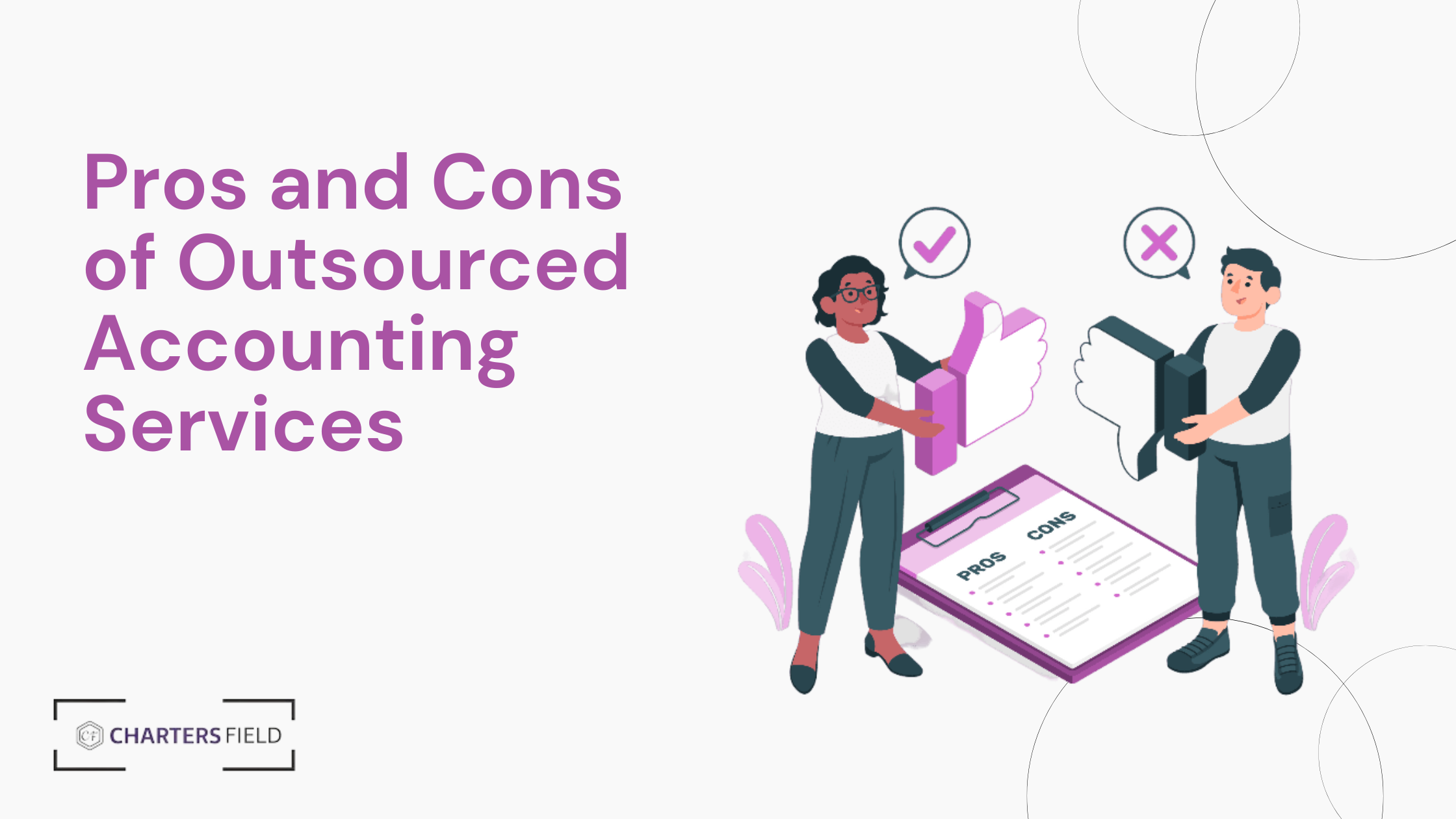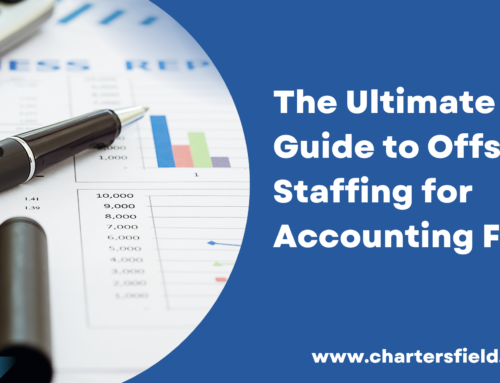In the dynamic landscape of modern business operations, companies are increasingly turning to outsourced accounting services to streamline financial processes and enhance efficiency. This strategic shift offers a range of benefits but also presents certain challenges that businesses must carefully evaluate. In this article, we delve into the pros and cons of utilizing outsourced accounting services, exploring how this practice can impact businesses of all sizes.
Understanding Outsourced Accounting Services
Outsourced accounting services involve contracting third-party firms or professionals to handle financial tasks traditionally managed in-house. These services encompass a spectrum of functions, including bookkeeping, payroll management, tax preparation, and financial reporting. The rise of outsourcing in accounting reflects a broader trend toward leveraging specialised expertise and optimising resource allocation.
Pros of Outsourced Accounting Services
1. Expertise and Specialization
One of the primary advantages of outsourcing accounting functions is gaining access to a pool of skilled professionals with specialised knowledge. These experts bring years of experience and a deep understanding of industry best practices, enabling businesses to benefit from accurate financial reporting and strategic financial advice.
2. Cost Savings
Outsourcing accounting tasks can yield significant cost savings compared to maintaining an in-house accounting team. Businesses can reduce overhead expenses associated with salaries, benefits, training, and technology investments. Moreover, outsourcing allows for greater flexibility in resource allocation, with costs typically based on service usage.
Must read: Why Outsourcing Accounting Boosts Business Growth and Revenue in 2024
3. Focus on Core Business Activities
By outsourcing accounting services, businesses can redirect internal resources toward core business activities and strategic initiatives. This shift in focus promotes operational efficiency and enhances competitiveness in the marketplace, as leaders can prioritise growth-oriented tasks without being burdened by routine financial functions.
4. Scalability and Flexibility
Outsourced accounting services offer scalability to accommodate fluctuations in business needs. Whether a company experiences seasonal peaks or embarks on expansion plans, outsourcing allows for flexible adjustments in service levels, ensuring optimal resource allocation without overburdening internal teams.
5. Improved Efficiency and Accuracy
Professional accounting firms leverage advanced technologies and tools to enhance efficiency and accuracy in financial operations. From automated reporting systems to compliance software, outsourcing ensures timely and error-free financial data management, reducing the risk of costly errors and regulatory penalties.
Cons of Outsourced Accounting Services
1. Lack of Direct Control
Outsourcing entails relinquishing direct oversight over financial processes, which can pose challenges in monitoring service quality and adherence to internal policies. Communication barriers or time zone differences with offshore providers may further exacerbate these control issues.
2. Security and Confidentiality Risks
Entrusting sensitive financial data to external providers introduces security and confidentiality concerns. Businesses must vet outsourcing partners rigorously to ensure compliance with data protection regulations and implement robust security protocols to safeguard proprietary information.
3. Dependency on External Providers
Relying on external accounting services can create dependency on third-party providers, potentially impacting responsiveness to urgent financial inquiries or ad hoc requests. Effective communication and service-level agreements are essential to mitigate these risks and ensure alignment with business timelines.
Must Read: Mastering the Numbers: The Strategic Benefits of Outsourced Accounting
4. Potential Hidden Costs
While outsourcing can yield cost savings, businesses should be mindful of potential hidden fees or additional charges for specialised services. Clear contractual terms and ongoing cost monitoring are crucial to avoid budgetary surprises and maintain transparency in financial arrangements.
5. Integration and Cultural Fit
Integrating outsourced accounting teams with internal operations may present challenges related to cultural differences and work dynamics. Effective collaboration hinges on fostering a cohesive work environment and promoting mutual understanding between internal and external stakeholders.
Conclusion:
In conclusion, the decision to leverage outsourced accounting services requires careful consideration of the associated pros and cons. While outsourcing offers tangible benefits such as cost savings, expertise access, and scalability, businesses must navigate potential challenges related to control, security, and integration. By partnering with reputable service providers and establishing clear communication channels. Businesses can harness the transformative potential of outsourced accounting services while mitigating inherent risks.
Exploring the best outsourced accounting services involves aligning business goals with service provider capabilities and fostering a collaborative partnership that enhances operational efficiency and financial performance. Ultimately, informed decision-making and strategic planning are essential to maximize the value derived from outsourcing accounting functions in today’s competitive business landscape.
By embracing outsourcing as a strategic tool, businesses can optimize financial management practices and unlock growth opportunities, empowering leaders to drive sustainable success in an evolving economic environment.



